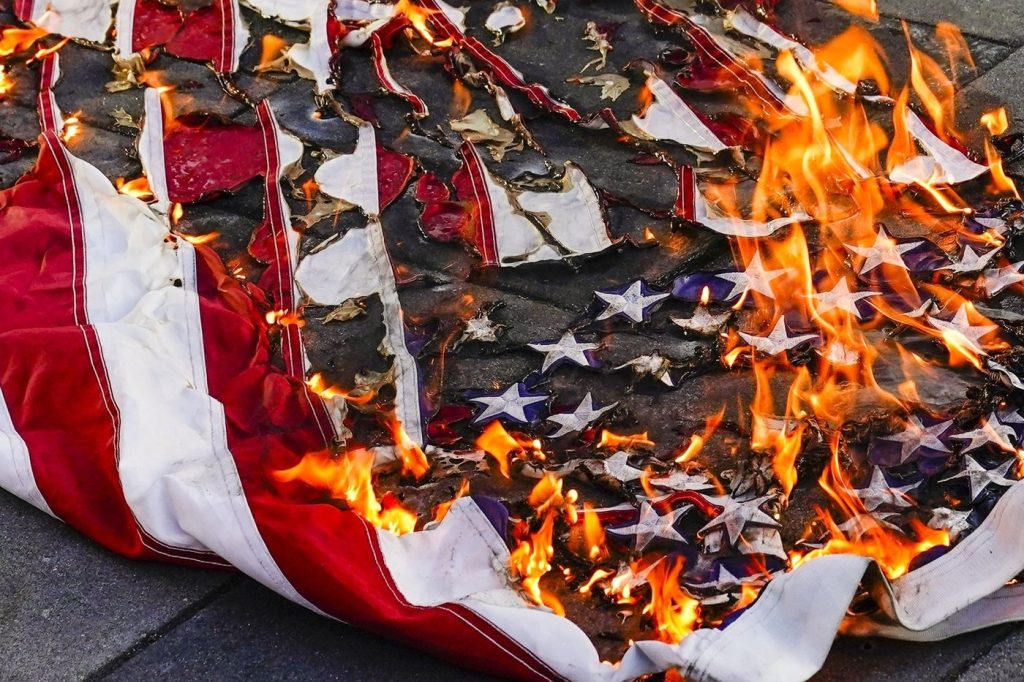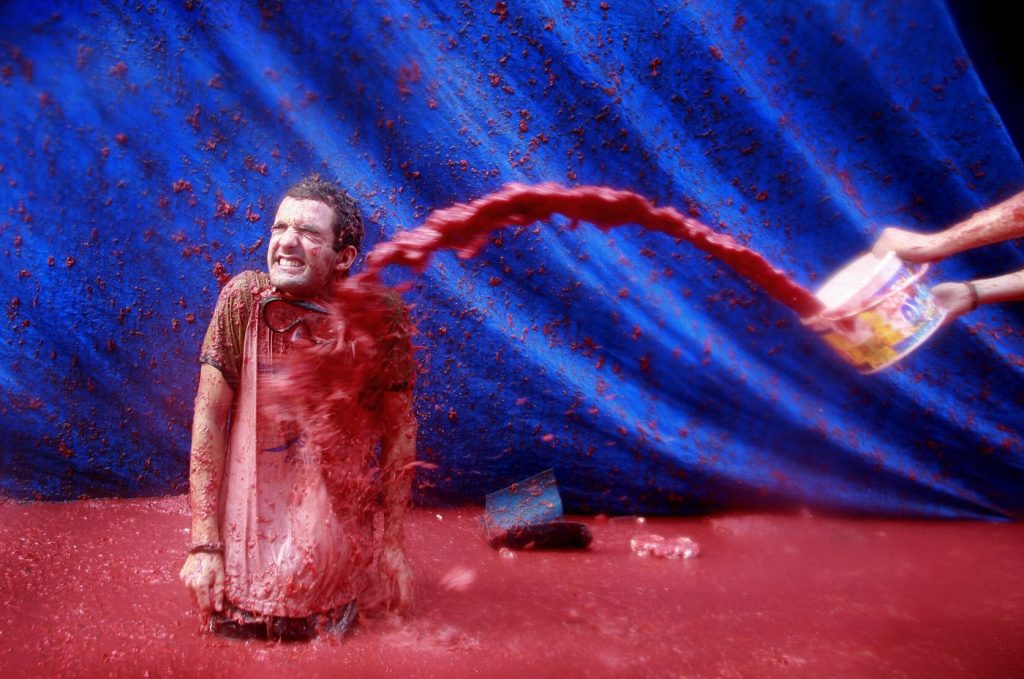On August 25, 2025, President Donald Trump signed an executive order mandating the Justice Department to investigate and prosecute individuals for the act of burning the American flag. This action comes despite a U.S. Supreme Court ruling that established flag burning as a legitimate form of political expression protected by the First Amendment. The Supreme Court's decision, a narrow 5-4 ruling from a 1989 case in Texas, acknowledged the constitutional safeguards around this form of protest.
During the signing ceremony held in the Oval Office, Trump recognized the 1989 Supreme Court ruling but expressed his belief that there are still opportunities to prosecute such acts if they are deemed likely to incite "imminent lawless action" or constitute "fighting words." "You burn a flag, you get one year in jail. You don’t get 10 years, you don’t get one month," Trump emphasized, asserting that such prosecutions would deter flag burning. He argued that the initiative would lead to "flag burning stopping immediately."
The executive order further instructs Attorney General Pam Bondi to pursue legal channels that could challenge the 1989 Supreme Court ruling, aiming to bring the matter back to the Court for reconsideration. With the current Supreme Court being more conservative than its predecessor in 1989, and featuring three justices appointed by Trump, there is renewed discussion about the potential for a shift in legal interpretations related to the issue of flag desecration.
However, civil liberties advocates and constitutional scholars have questioned the legality and implications of Trump's actions. Legal experts, such as Bob Corn-Revere from the Foundation for Individual Rights and Expression, argue that the president cannot simply override the First Amendment protections. The prevailing consensus among legal scholars is that the government cannot criminalize protected expressive activities, regardless of public sentiment surrounding flag burning.
Trump characterized the Supreme Court that made the original ruling as a "very sad court" and suggested that flag burning has caused a unique incitement to violence. Throughout his remarks, he alluded to the potential for riots in response to flag desecration, although he did not provide specific instances to substantiate his claims. A White House fact sheet referred to recent protests, including one in Los Angeles in June, where flag burning coincided with violent actions and threats to public safety.
Law Professor G.S. Hans from Cornell University remarked that flag burning is not a significant issue, describing the executive order as "a solution in search of a problem." He reiterated that the country has not experienced an epidemic of flag burning incidents, suggesting that the focus on regulation may not correspond to the actual frequency or impact of such acts.
The order frames the desecration of the American flag as "uniquely offensive and provocative," labeling it as a statement of contempt and hostility towards the nation. It also states that flag burning might incite violence and civil unrest. The executive order calls for prioritizing enforcement of existing criminal and civil laws that pertain to flag desecration, provided they do not infringe upon the First Amendment's guarantees of free speech.
In addition to the penalties for individuals who burn the flag, the order specifies that foreign nationals could face repercussions such as revocation of visas, residency permits, and naturalization procedures, and may even be subject to deportation. This expansive interpretation of consequences further amplifies the policy’s reach beyond domestic implications.
Trump has previously stated his strong opposition to flag burning, suggesting severe consequences for the act, including imprisonment and loss of citizenship, despite constitutional prohibitions against stripping citizenship from natural-born Americans. The ongoing debate surrounding this executive order underscores a broader cultural and legal clash over the boundaries of free expression in America.












